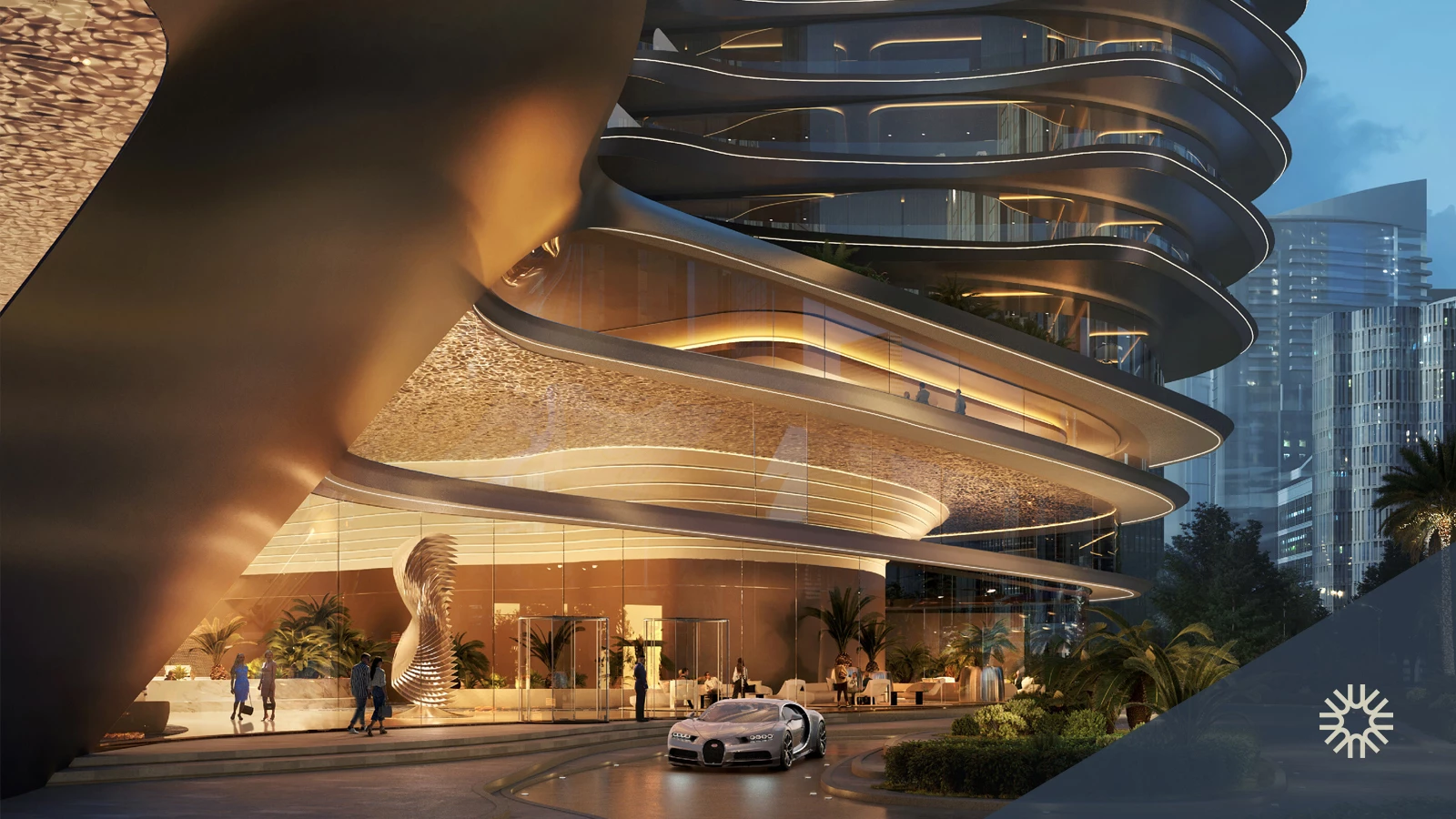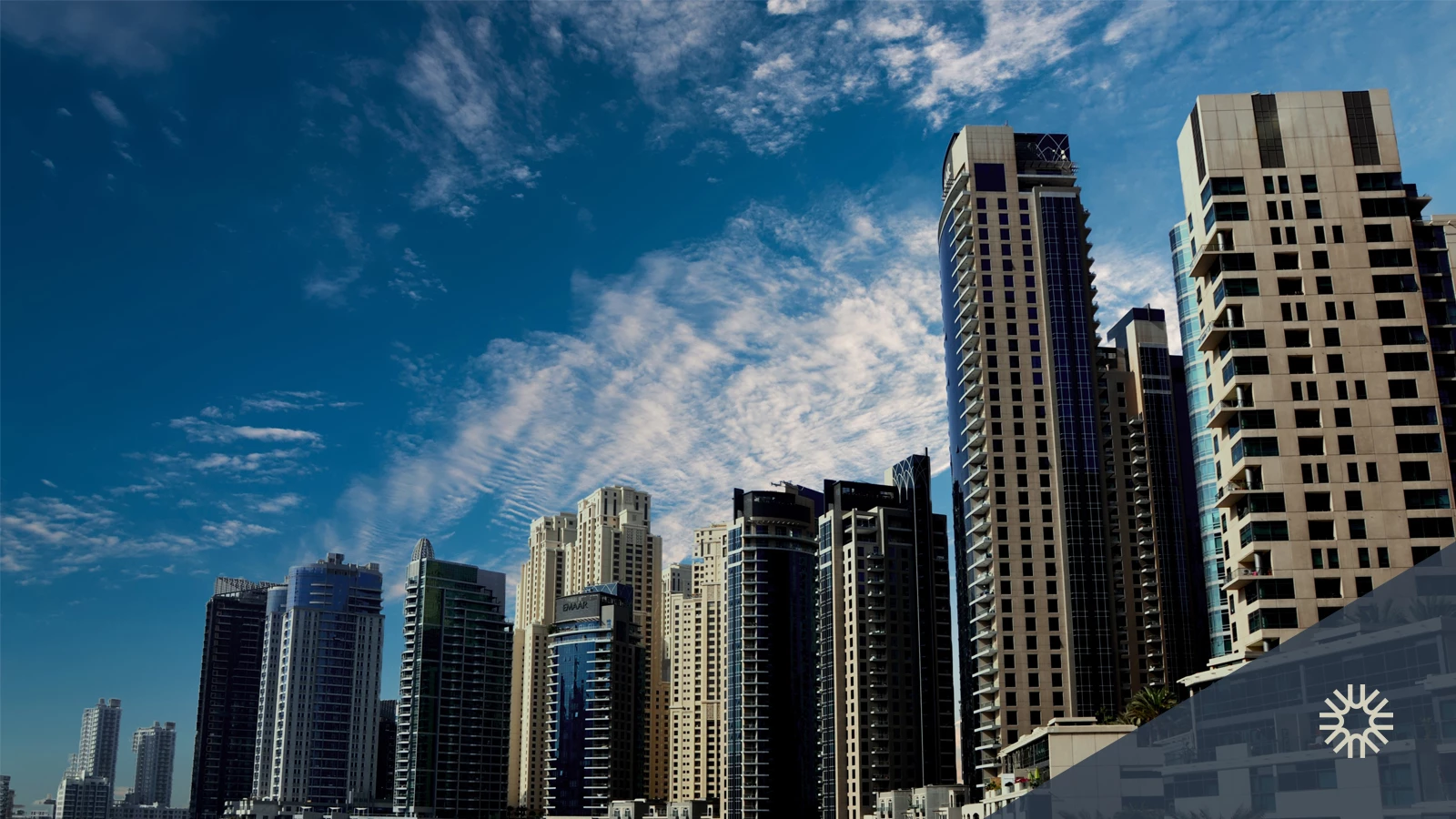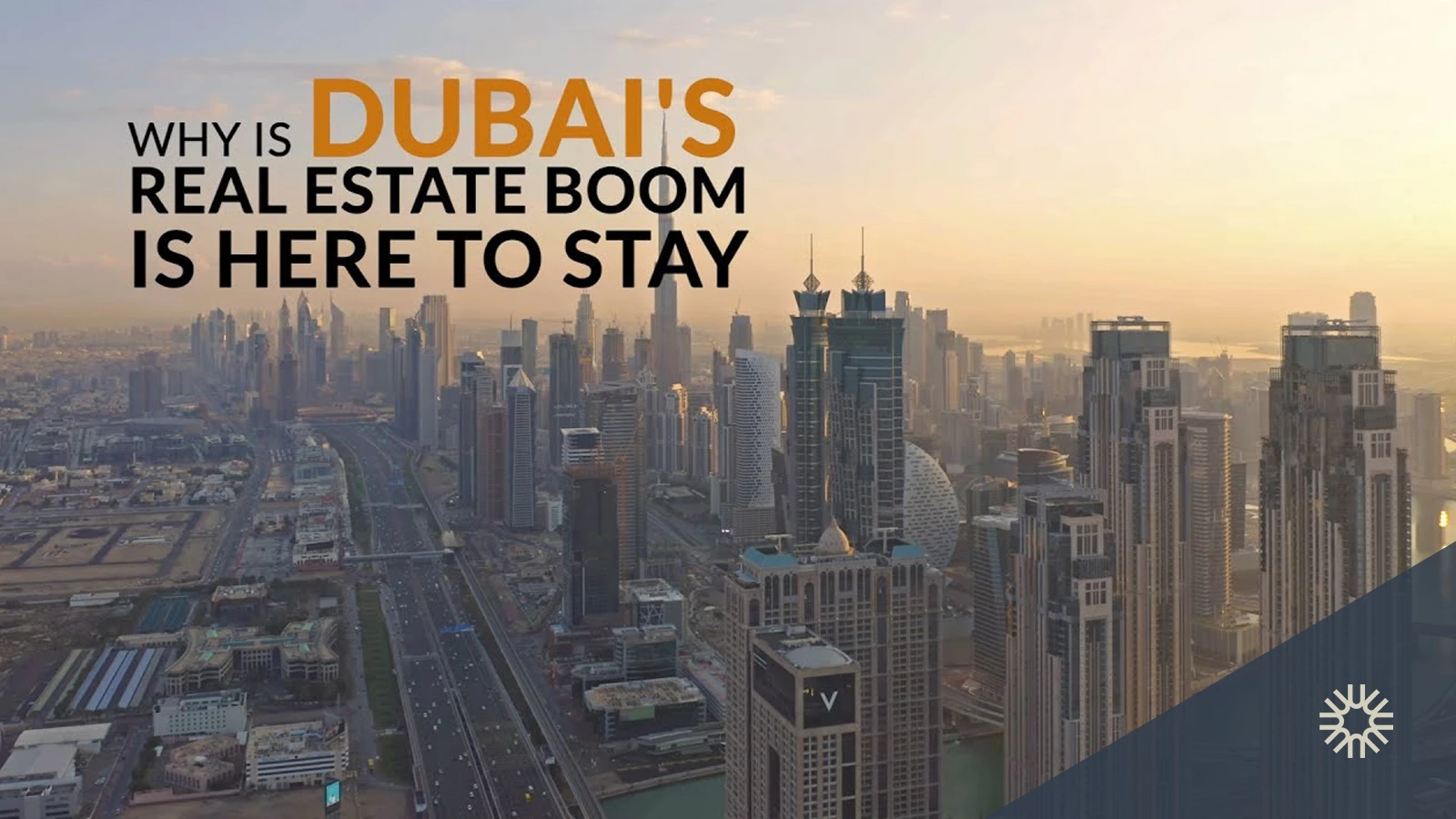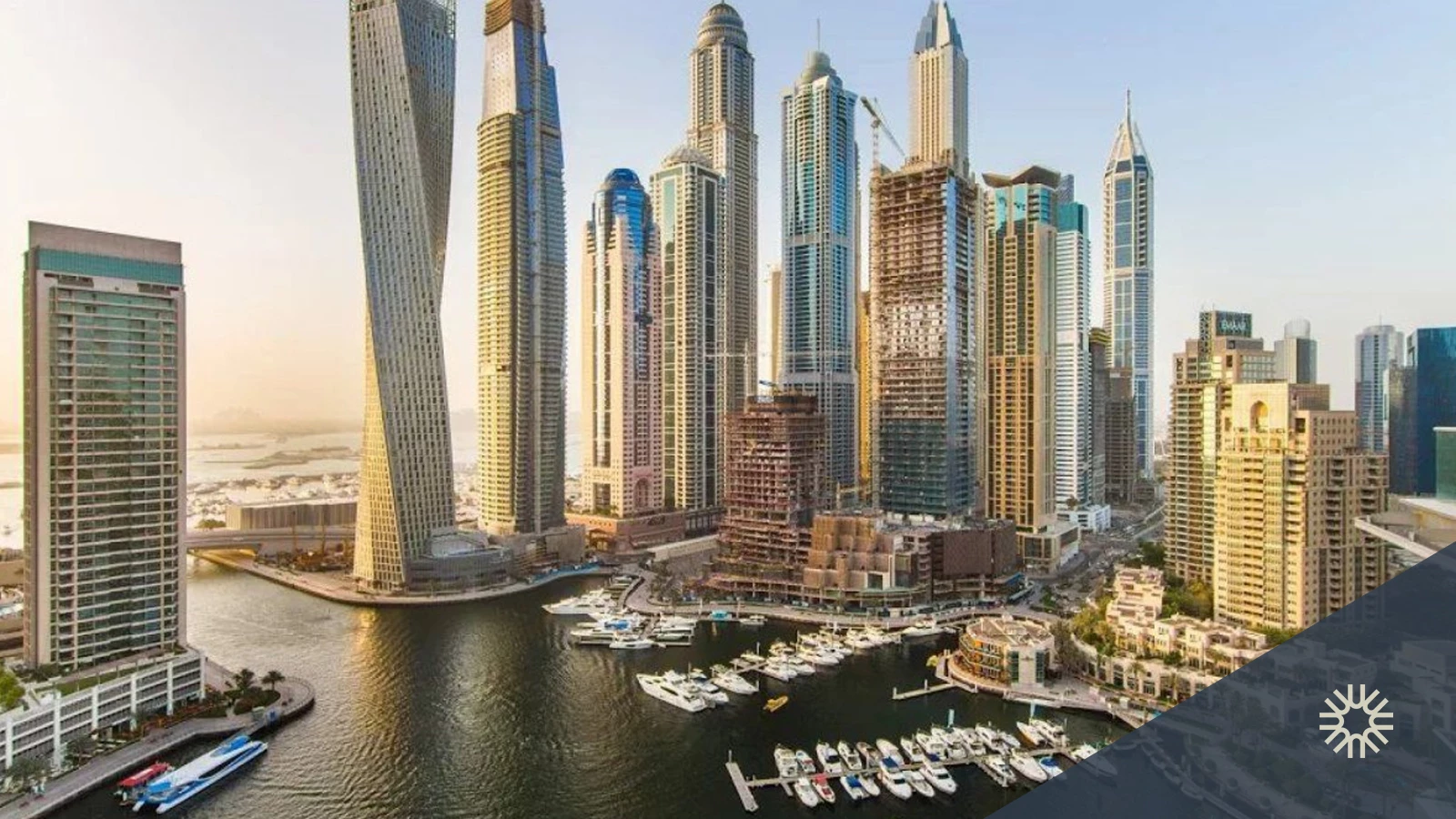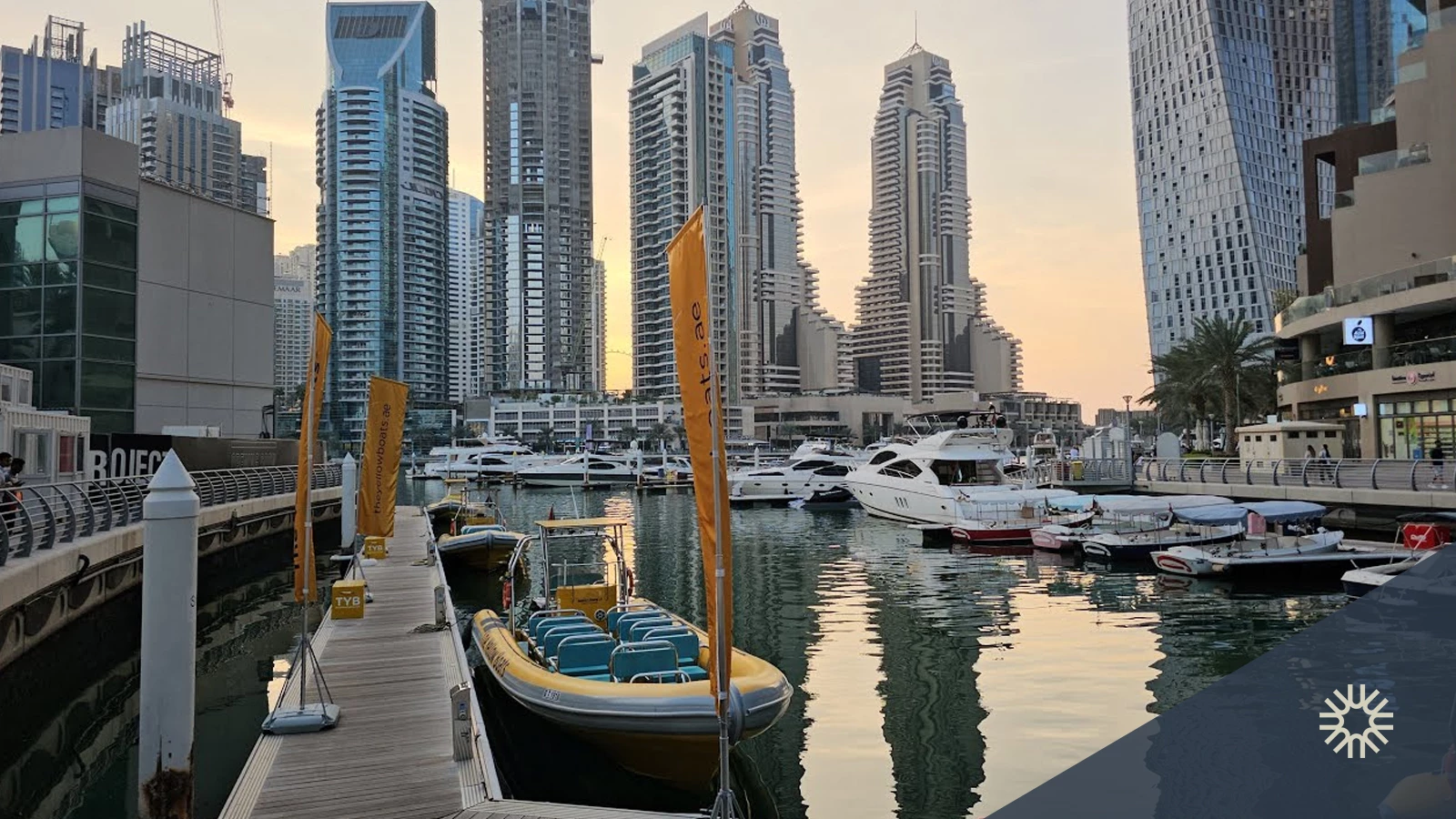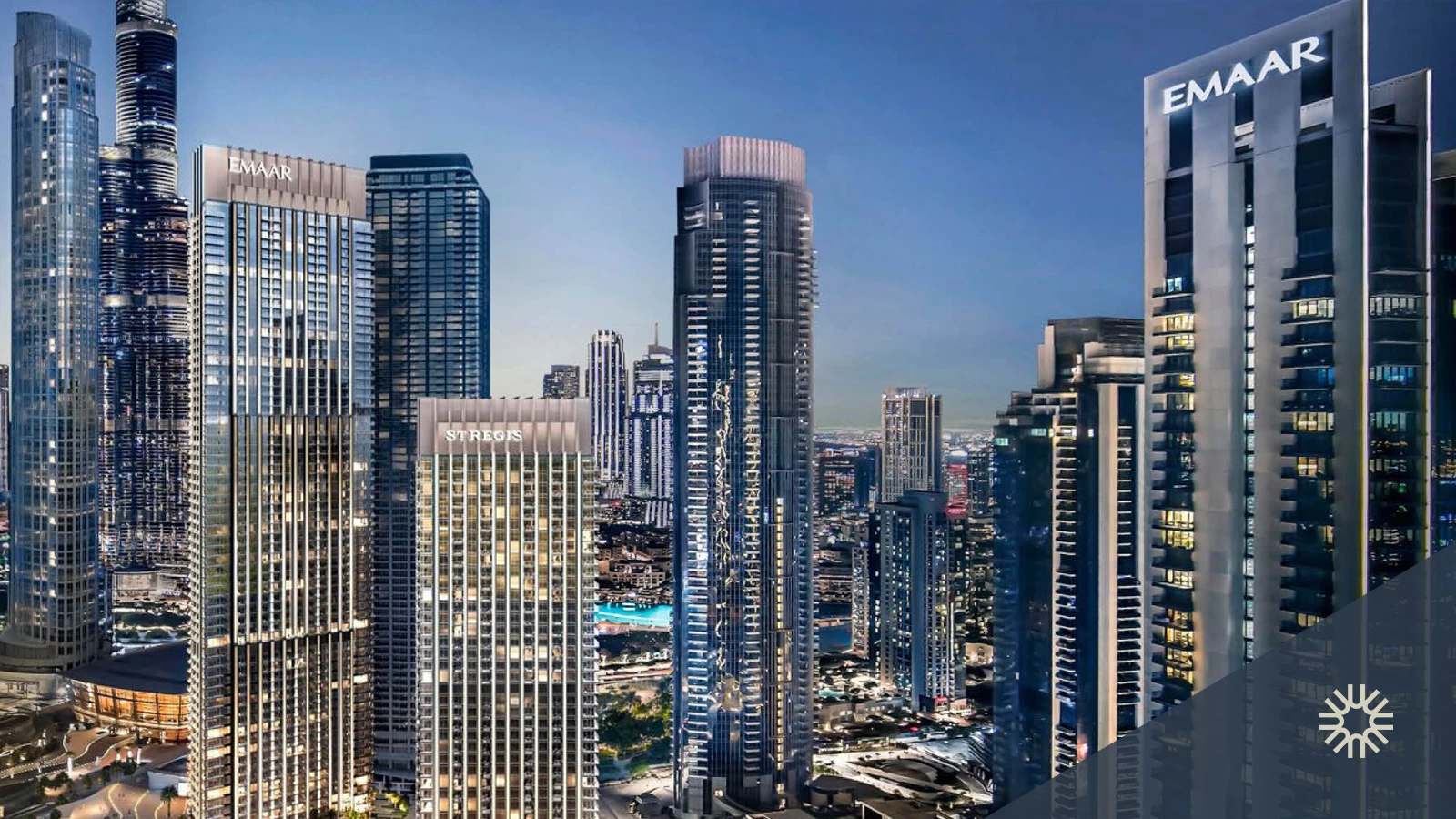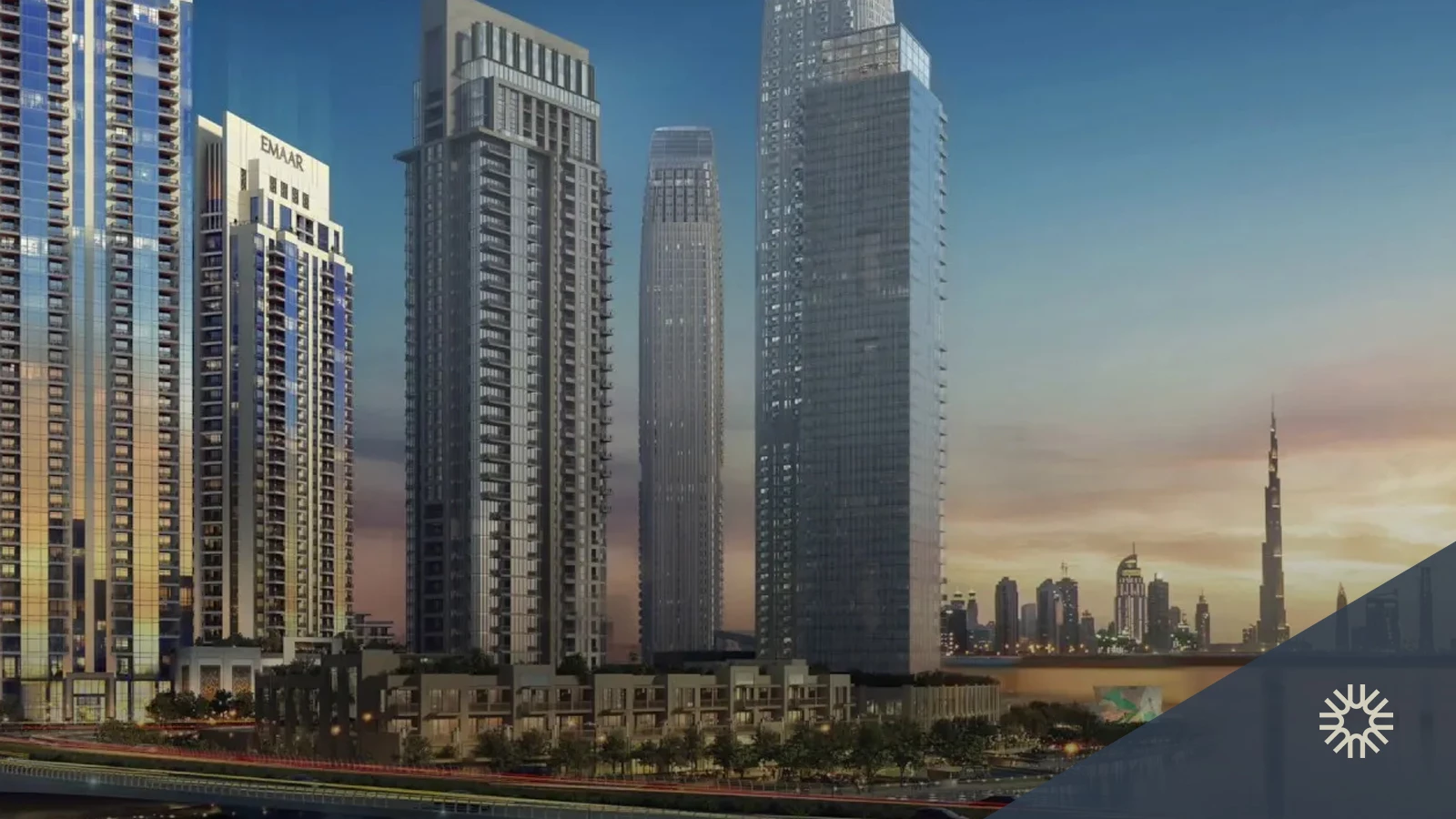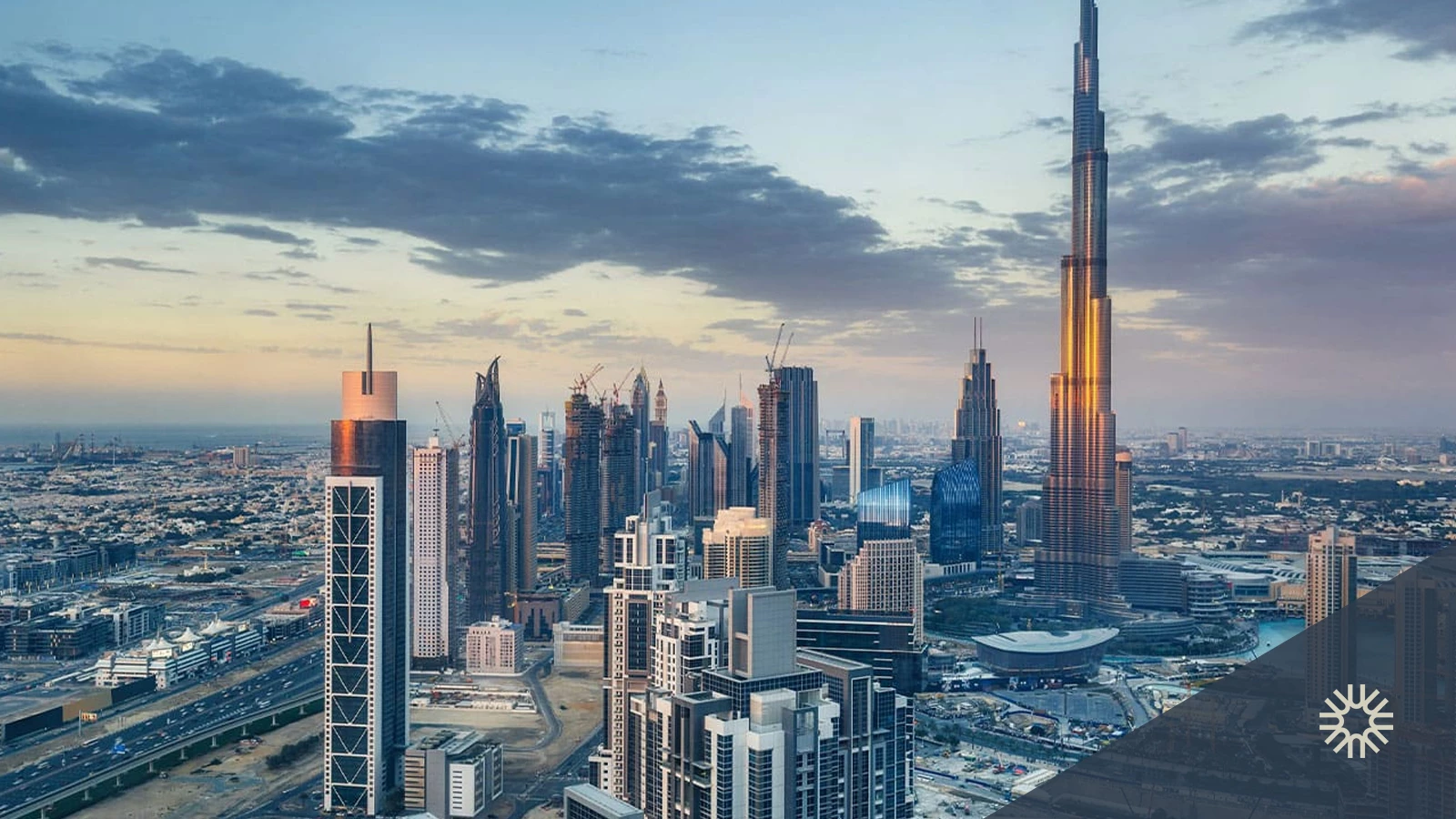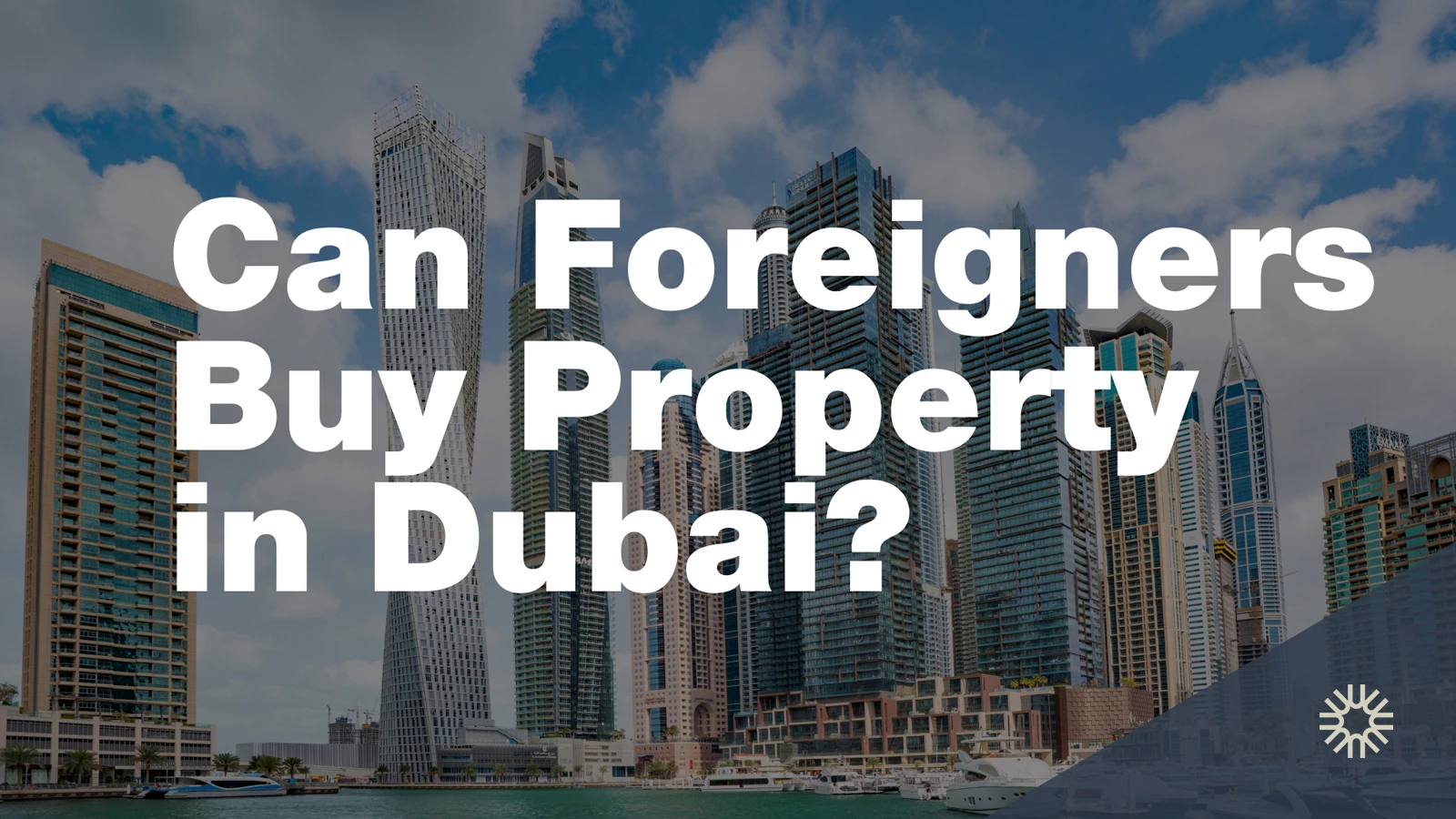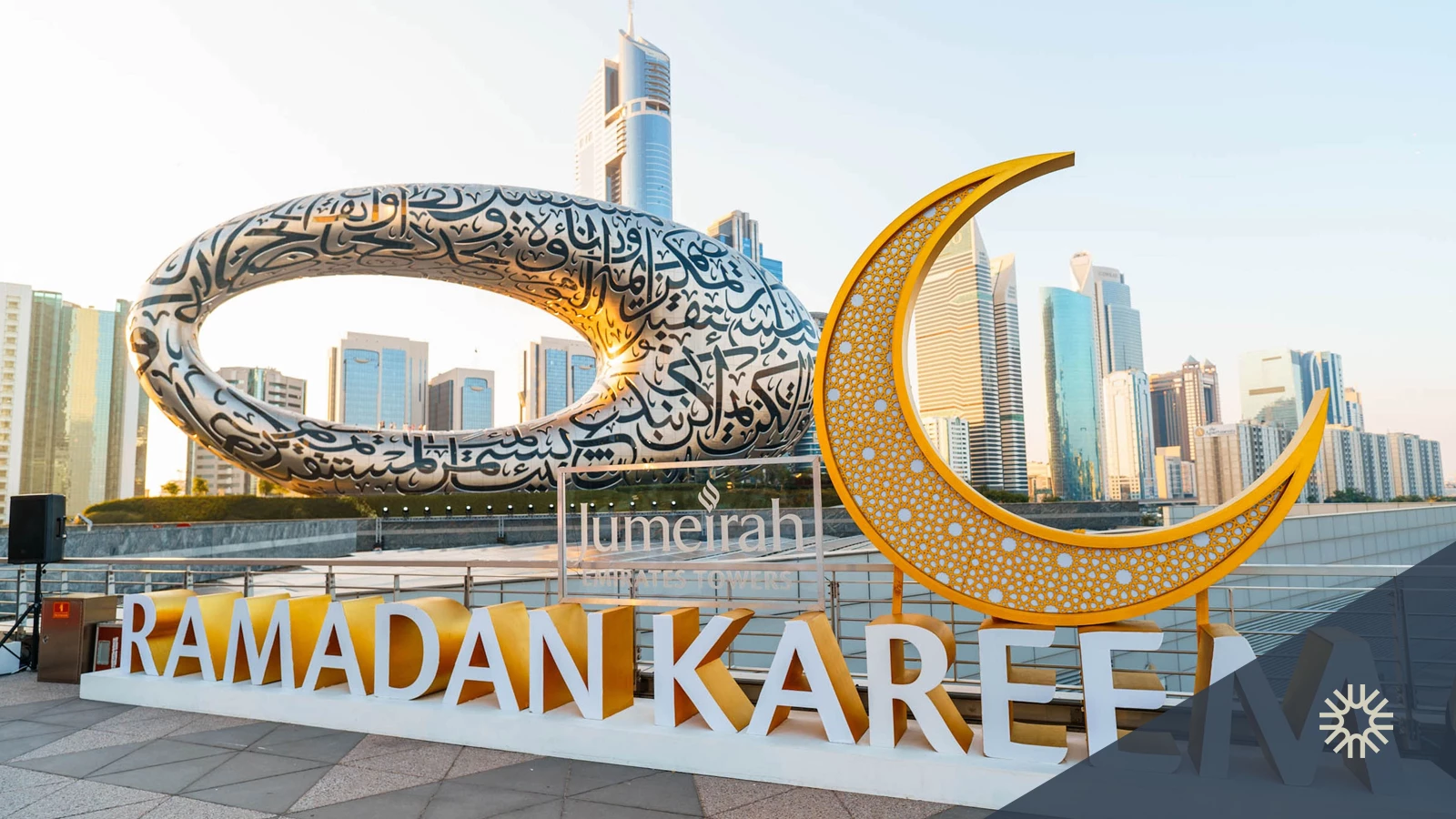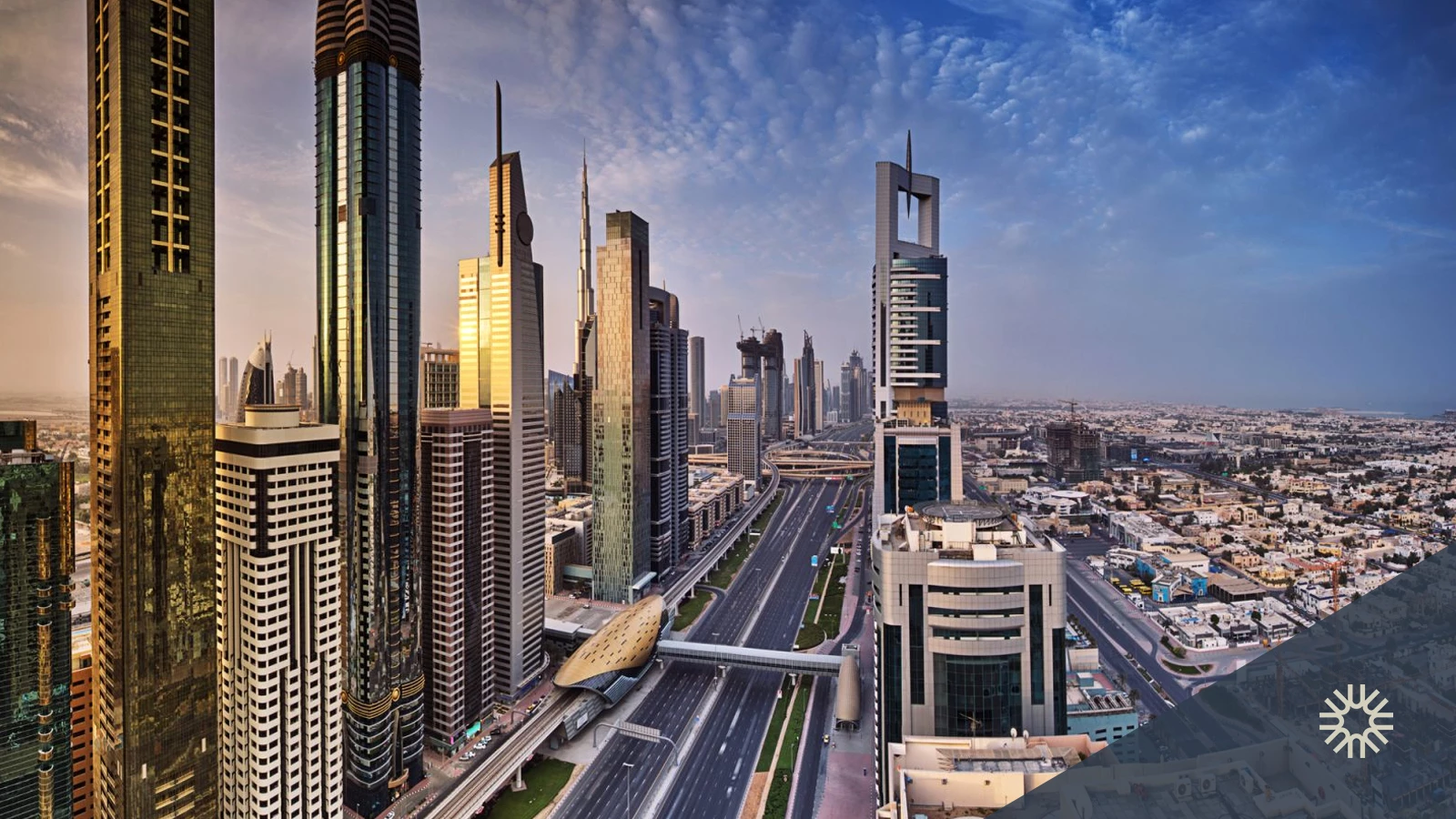How Dubai's Real Estate Market is Adapting to the Remote Work Revolution
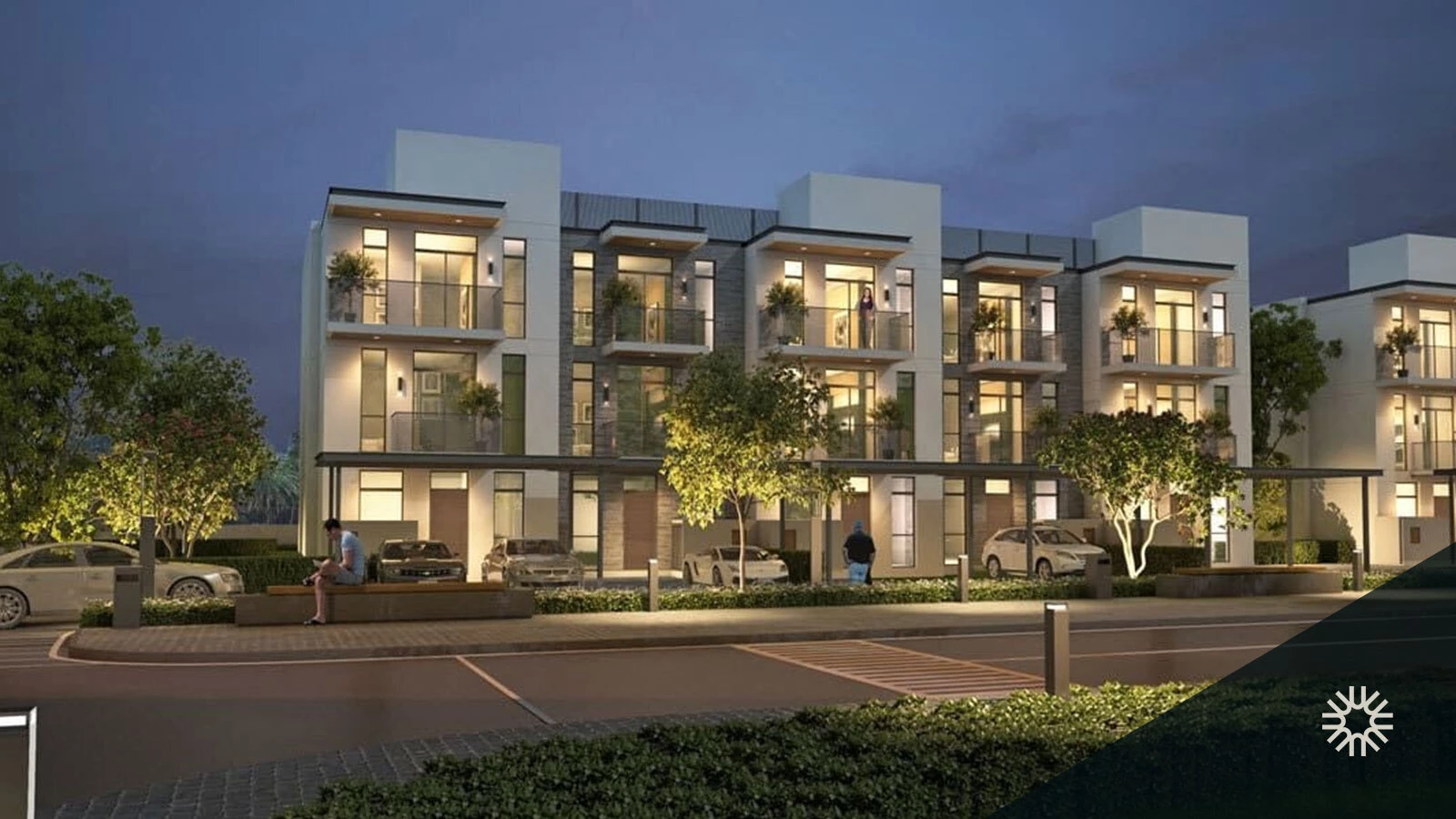
With the rise of remote work, Dubai's real estate market is evolving to meet the new demands of a flexible workforce. As businesses shift to hybrid and fully remote models, property preferences among buyers and tenants have changed, prompting developers and investors in Dubai to adapt their offerings.
This shift in Dubai's real estate market has driven interest in residential properties designed for home-based work, coworking spaces, and communities that prioritize work-life balance, redefining what the best real estate property in Dubai entails.
Changing Preferences: Demand for Remote-Friendly Properties
In the past few years, a significant portion of Dubai's workforce has transitioned to remote work. A study by the International Labor Organization found that remote work increased by over 23% globally in 2022, and Dubai is no exception. This transition has led residents to prioritize living spaces that cater to a work-from-home lifestyle. Features such as dedicated office spaces, faster internet infrastructure, and greater square footage have become desirable traits in a home. As a result, demand for larger residential units in Dubai rose by 16% from 2021 to 2023, according to Dubai Land Department (DLD) data.
To meet this demand, many property developers are now emphasizing properties that cater to remote working professionals. Off-plan projects like those by Emaar and Nakheel are leading examples, featuring flexible layouts and enhanced amenities tailored for remote work. This trend is shaping the Dubai real estate market, with an increasing number of developments emphasizing functional workspaces and communal facilities that encourage productivity and connectivity.
Expanding Flexible Workspaces in Dubai
While remote work has increased, there is still a substantial number of remote workers who seek professional environments outside their homes. Consequently, coworking spaces and shared offices in Dubai have become highly sought-after options. The Dubai Coworking Space Market Report 2023 highlights a 35% year-on-year increase in demand for flexible workspace solutions, driven by freelancers, startups, and corporations adjusting to hybrid work models.
Dubai’s strategic location as a global business hub has attracted several multinational coworking operators, including WeWork and Servcorp, which have expanded their presence in the city. Smaller businesses in Dubai are also finding value in short-term leases and “hot desking” options that minimize their operational costs while providing flexible work environments. This adaptability has driven the growth of flexible workspace providers by approximately 22% over the last year, reinforcing Dubai's position as a flexible and remote work-friendly destination.
Residential Community Redesigns for Work-Life Balance
A notable development in Dubai's real estate market has been the creation of wellness-oriented and community-centric spaces designed to support a balanced lifestyle for remote workers. The concept of wellness communities has gained traction, incorporating green spaces, walking trails, fitness facilities, and social hubs that cater to residents' work and leisure needs. For instance, communities such as Dubai Hills Estate and Arabian Ranches have integrated these aspects to attract buyers seeking work-life balance.
Moreover, the DLD reports that villa sales in Dubai, typically in suburban areas offering larger spaces and access to green areas, increased by 45% from 2021 to 2023. This shows a trend towards residential properties with better connectivity and proximity to lifestyle amenities. It also suggests that many residents are prioritizing properties with work-life-oriented designs, such as those available in popular districts like The Springs, Jumeirah Village Circle, and Arabian Ranches, which are frequently highlighted as some of the best real estate properties in Dubai.
Rise in Demand for Smart Homes and Green Features
Smart technology has become a pivotal selling point in Dubai’s real estate market, as residents now favor properties with integrated smart home features that facilitate remote work. Smart features such as automated lighting, climate control, high-speed internet, and enhanced security systems are becoming baseline requirements in new developments. According to a report by Frost & Sullivan, demand for smart home technology in the Middle East, and Dubai in particular, is expected to grow by 18% annually, reaching $1.8 billion by 2026.
These innovations not only support remote work environments but also align with Dubai’s sustainability goals. Real estate developers are increasingly incorporating green building materials and energy-efficient systems to meet Dubai’s Green Building Regulations and Sustainability Program, which aims to reduce Dubai’s carbon footprint. Properties meeting these standards have seen a significant increase in value, with data from Property Monitor indicating that eco-friendly properties in Dubai command a 10-15% price premium over traditional properties, further elevating their appeal among buyers.
How Remote Work is Influencing Real Estate Investments in Dubai
Investors in Dubai’s real estate market are increasingly targeting properties suited for remote workers. JLL’s 2023 UAE Investment Sentiment Survey found that nearly 42% of real estate investors in Dubai consider properties with remote work amenities more favorable than those without, showing the rising value placed on remote-friendly spaces. This is especially relevant for the luxury sector, where international buyers are drawn to high-end properties that offer spacious layouts, high-quality amenities, and remote work adaptability.
Areas such as Downtown Dubai, Business Bay, and Dubai Marina, traditionally popular for commercial real estate, are also experiencing an uptick in residential demand due to the shift in working models. Investors seeking real estate property for sale in Dubai are increasingly interested in properties located in mixed-use communities, as these areas blend business, leisure, and residential spaces, a combination that suits the evolving needs of remote professionals.
Conclusion
As Dubai embraces the remote work revolution, the city’s real estate market is adapting to meet the evolving demands of modern buyers and tenants. With increased demand for remote-friendly properties, flexible coworking spaces, wellness-oriented communities, and smart homes, Dubai's real estate market has successfully positioned itself as an attractive destination for remote professionals and investors alike. Whether seeking the best real estate property in Dubai or exploring options for real estate property for sale in Dubai, buyers and investors can expect a dynamic market that continually adapts to new global trends. The future of Dubai’s real estate market, closely linked to the remote work movement, promises to redefine how residents live and work in one of the world’s most innovative cities.
